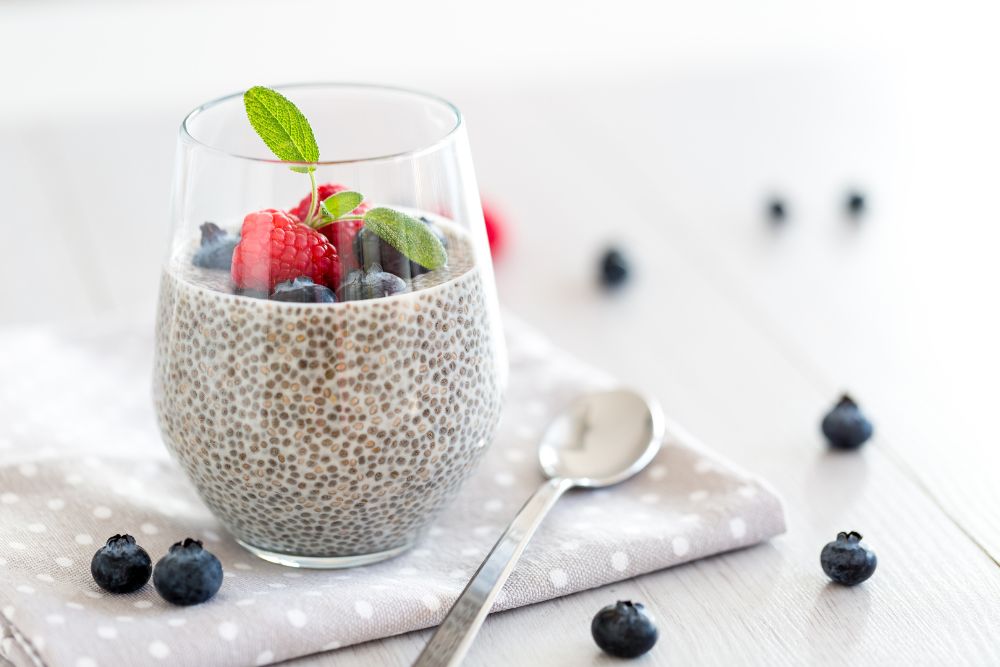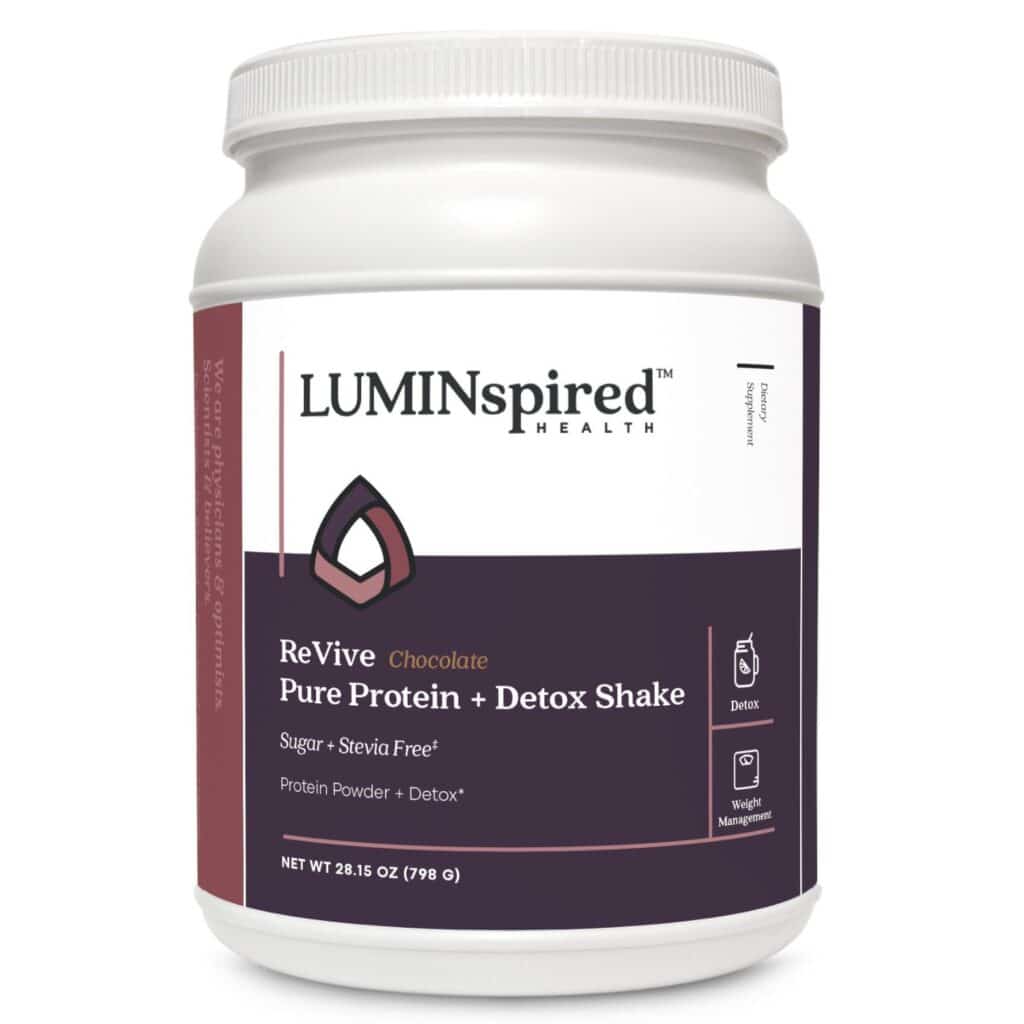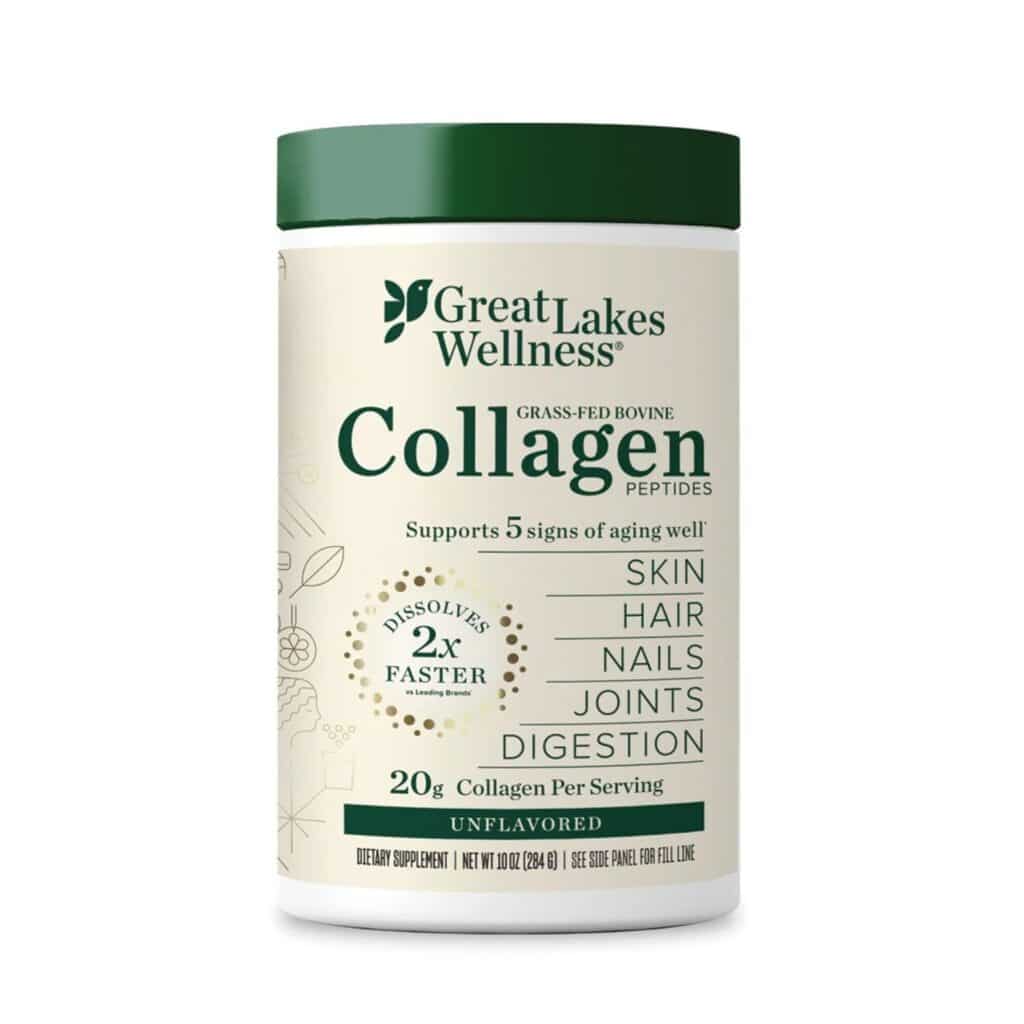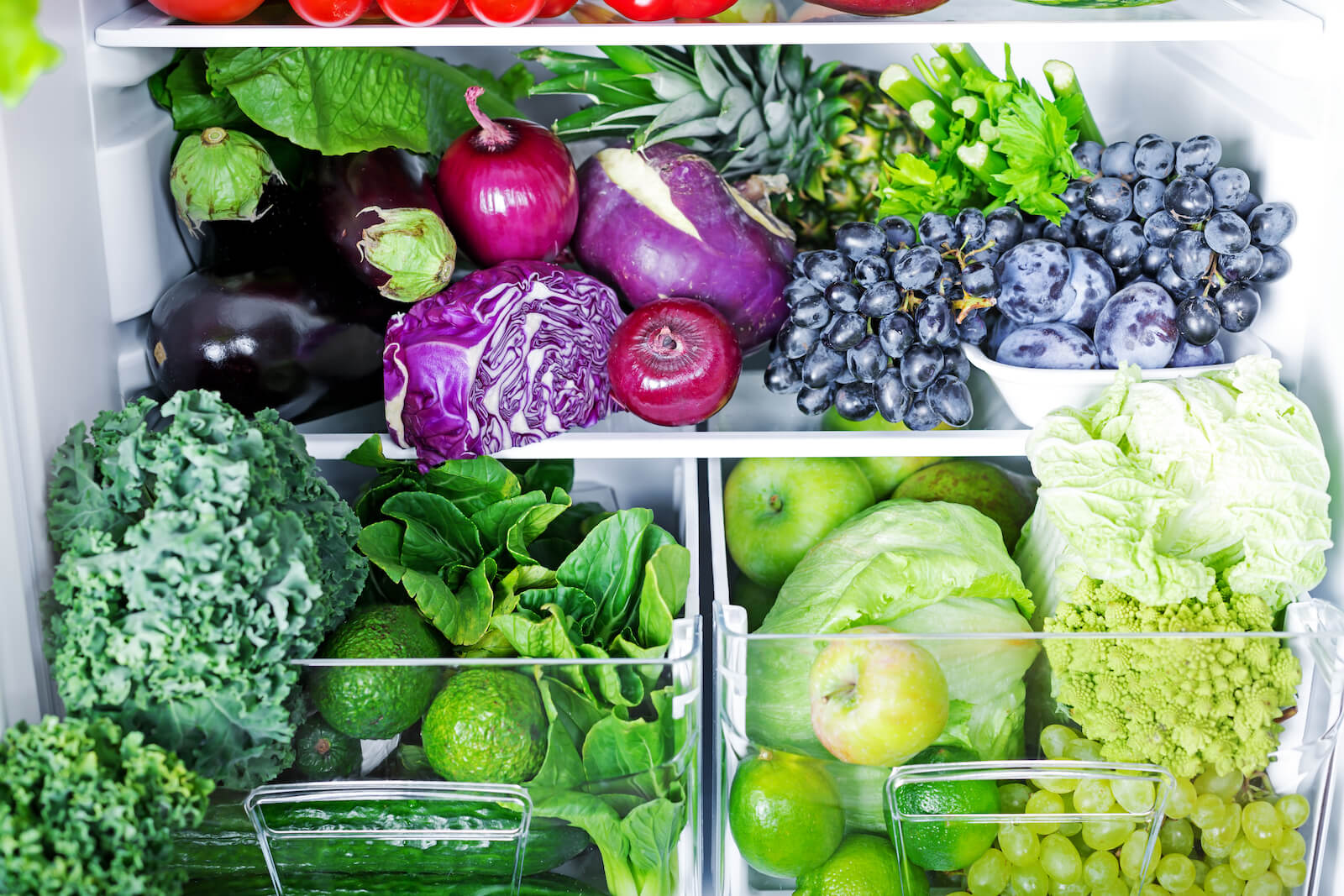How much protein does a woman actually need?
When it comes to weight management, many women focus on calorie counting, reducing fat, carbohydrate intake, or increased exercise. However, one crucial component often overlooked is protein intake – especially the importance of enough protein when on a weight loss journey. We want to be clear – anyone trying to lose weight should do so with guidance from a healthcare provider as you are an individual with individual needs and there is no one-fits-all approach. However, we can all agree that getting enough nutrients is key in optimizing health.
Protein is known to increase feelings of fullness and satiety. When women consume sufficient protein, they tend to feel fuller for longer periods, which can reduce overall calorie intake. Studies have shown that high-protein diets can lead to a significant reduction in hunger levels, helping to curb those pesky cravings that often sabotage weight loss efforts.
For women, maintaining muscle mass is vital, especially during weight loss. When you lose weight, it’s not just fat that you can lose; muscle mass loss is typical. Consuming adequate protein helps preserve lean muscle tissue while promoting fat loss. This is particularly important because muscle burns more calories at rest than fat does. Therefore, maintaining muscle can help with overall metabolism and make weight loss more sustainable.
Protein has a higher thermic effect than carbohydrates and fats, meaning that the body uses more energy to digest and metabolize proteins. The energy needed to break down proteins for use in the body can boost metabolism, aiding in weight loss. Incorporating protein-rich foods into meals can lead to a higher post-meal calorie burn compared to meals that are lower in protein.
For women, especially those who may have specific dietary restrictions or preferences, getting enough protein can ensure a more balanced intake of essential nutrients. Many protein sources, such as lean meats, fish, dairy, legumes, and nuts, also provide important vitamins and minerals that contribute to overall health. High quality protein powders and collagen are also excellent sources of protein! Nutritionists can help guide you in achieving your protein intake goals alongside healthy weight loss.
What Amount of Protein is Recommended?
A general rule of protein intake is to aim for 1-1.5 grams of protein per body pound of goal weight.

Higher protein intake can lead to better body composition outcomes. Studies indicate that women who consume higher amounts of protein during weight loss experience greater reductions in body fat while preserving muscle mass. This not only contributes to improved appearance but also enhances overall health and metabolic function. Protein does not store well as body fat so when you are feeling especially hungry, reach for a protein snack!
Adequate protein intake can also support hormonal balance, which is critical for weight management. Hormones such as ghrelin (which stimulates appetite as well as helps balance glucose and insulin levels in the body) and leptin (which signals satiety) can be influenced by dietary choices. A diet rich in protein can help regulate these hormones, making it easier to manage hunger and promote a healthier weight.
For women trying to lose weight, prioritizing protein intake is a smart strategy. Not only does it help with satiety and muscle maintenance, but it also boosts metabolism, supports balanced nutrition, and improves body composition. Protein for the WIN!
Check out our recipe for High Protein Breakfast Chia Pudding!

Boost your daily protein intake with ReVive Pure Protein and/or Collagen Peptides



Want more Inspired tips?
Be sure to follow us on Instagram, Facebook, and Pinterest.
Also, sign up for our newsletter!
Visit us in-person at Inspired Health, or schedule a TeleHealth appointment!
References
[1] “4 ways protein can help you shed pounds.” 2024.
[2] “Effects of a high-protein vs high-fat snacks on appetite control, satiety and eating initiation in healthy women.” 2014.
[3] “Ghrelin.” 2024.






